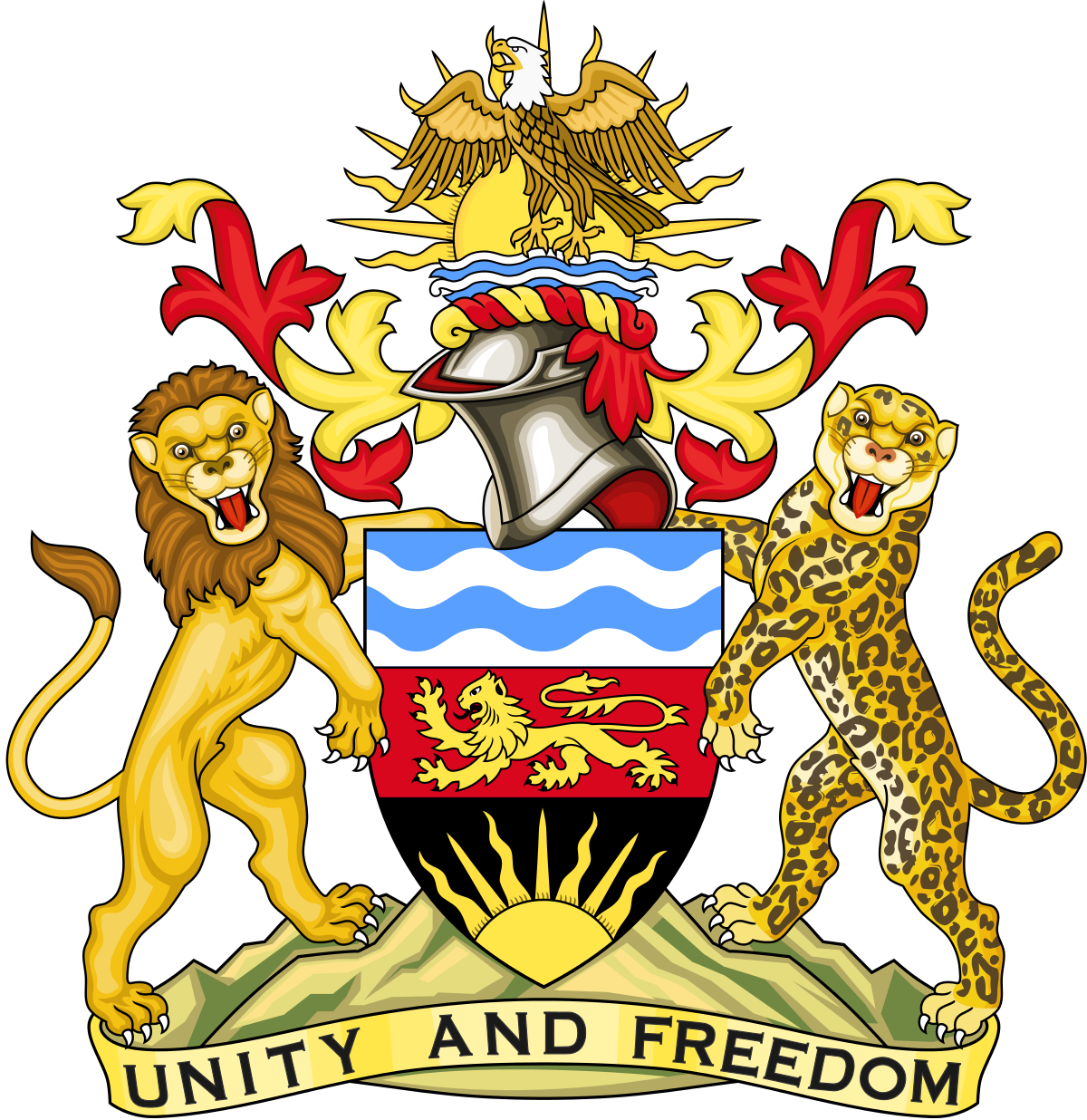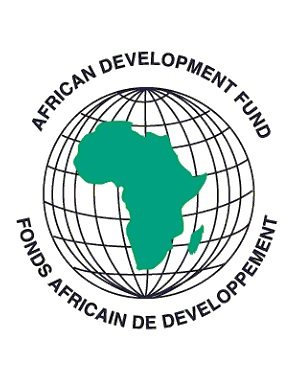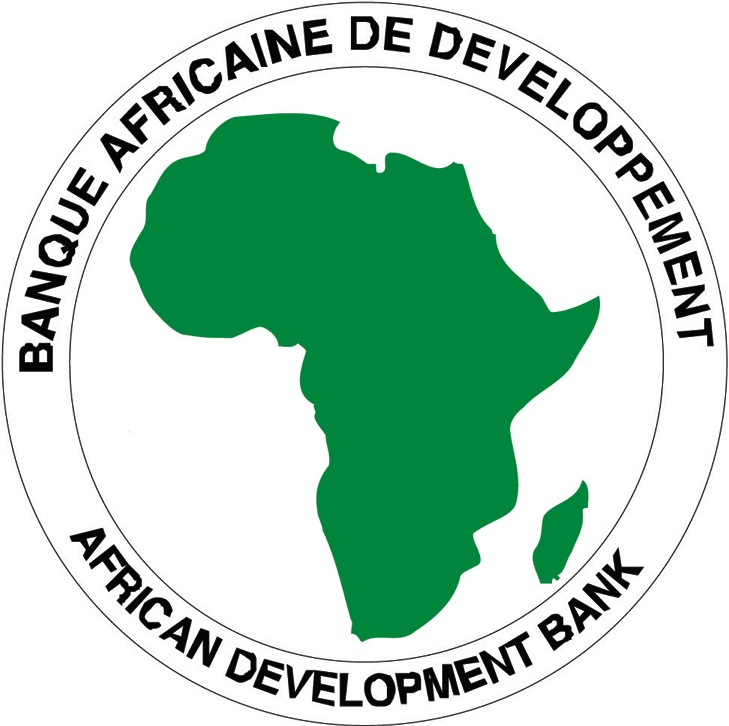Community / Land projects / Mauritania - Economic Reforms and Diversification Support Programme - Phase I
Mauritania - Economic Reforms and Diversification Support Programme - Phase I

€5263942.376
11/16 - 12/17
Completed
This project is part of
Implementing Organisations
Donors
Data Providers
General
The Economic Reforms and Diversification Support Programme - Phase I is an intervention, both on the efficiency of public spending and on the production system excluding extractive industries. This is the first budget support program that the AfDB Group has implemented in Mauritania. However, it is part of the Bank's past operations, or those being implemented, in the governance sector and in the agricultural sector (PAGIP, PAGOCI, P2RS, etc.). It is also part of the efforts made by the Mauritanian authorities to move from a rent economy to a diversified economy driven by productive growth sectors, excluding the extractive industries. In its implementation, PAREDE l comes in two complementary components. The first focuses on improving the efficiency of public spending and focuses on structural reforms, the implementation of which will achieve the overall objective of economic diversification, and this, by mobilizing resources and optimize the management of public investments. The second consists in promoting the production system outside the extractive industries through support for Public Private Partnerships (PPP) and land reforms as well as strengthening reforms in the agro-pastoral sector.
Objectives
The main objective of the programme is to create conditions conducive to the diversification of the Mauritanian economy in order to promote inclusive and sustainable growth. Specifically, the programme aims to (i) improve the efficiency of public spending; and (ii) promote the productive system outside the extractive industries.
Target Groups
The direct beneficiaries of the programme are the Mauritanian State, through the Ministry of Economy and Finance, the Ministry of Agriculture and the Ministry of Livestock. The indirect beneficiaries are Mauritanian citizens, who will benefit from the stabilisation of the country's macroeconomic situation and increased economic growth outside the extractive industries through the creation of sustainable jobs in growth sectors and income generation. Private entrepreneurs, professional organizations, farmers and herders, especially women and youth, are also indirect beneficiaries of PAREDE, in that the reforms that will affect the productive system, particularly in the areas of Public Private Partnerships (PPPs) and land law, will facilitate their integration into the economy and thus contribute to creating wealth for the country.





